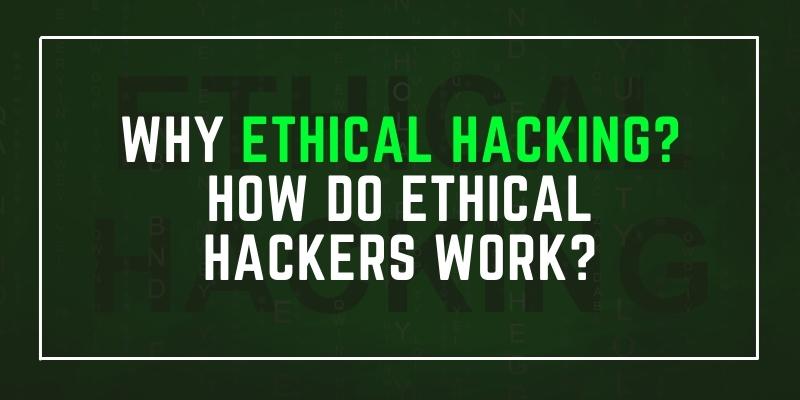
Hacking has become a costly and unavoidable problem for small businesses. A recent HSB Cyber Study found that 90% of businesses have experienced hacking incidents in the past year.
Risk managers are also concerned about IoT devices’ security and vulnerabilities. While only 28% of respondents said IoT devices were safe for business use (56% of businesses use them already or plan to do so in the future), 56% of those surveyed believe they are. Ethical Hacking Course in Chennai helps to learn technical hacking.
Although a firewall is a good first step to improving security, it won’t stop hackers from gaining access to business systems. Even complex passwords can be cracked. They are also vulnerable to hacking if stored on a server at work or on a computer that is easily hacked. Hackers are becoming more sophisticated and using new technology to hold ransom data and cause catastrophic damage to both small businesses and large corporations.
Google and other large corporations pay ethical hackers up to $20,000 to find bugs and flaws. They have a “Bug Hunter University” that provides a detailed breakdown of bugs and their rewards and payouts. These ethical hackers help prevent the company from suffering catastrophic losses and protect its users by finding vulnerabilities before malicious hackers do.
Small businesses don’t have to spend $20,000 to hire ethical hackers. They can look for professionals who are self-taught or certified. Fetch with Ethical Hacking Online Course to acquire in-depth knowledge in hacking techniques.
What is a hacker? and How do ethical hackers work?
Hackers today are often ethical hackers who hack for the challenge or to learn about security vulnerabilities and ethical hacking techniques in information technology security. These hackers are often called “white-hat hackers.” Large and small companies have started to hire their own Information Security Analysts to combat hacking. Information Security Analysts are typically well-trained in informational and technological infrastructure. They also have ongoing responsibilities to ensure that it runs securely.
This area of expertise is also home to ethical hackers. They can analyze data and collect information to identify and monitor weaknesses. They will have a deep understanding of all aspects of hardware and infrastructure, including memory storage and routers, and be able to create security policies and best practices. Enrol now at the Ethical Hacking Course in Bangalore.
IBM and other giant corporations are looking for Information Security Analysts. IBM, for example, is looking for ethical hackers who are able to participate in the ethical hacking techniques and technical testing of exposed applications.
Cyber Degrees describes ethical hackers as “penetration testers”. They look for security holes in web-based applications, online networks, and online systems. They employ a range of techniques to hack into systems. These include creating and customizing their tools to social engineering.
This latter group is responsible for many data breaches. They rely on weak security, poor passwords, and even social media searches to find personal information. Technology and hacking tools are just one part of the equation. Businesses must be educated about security best practices and policies in order to create safe environments. For certification courses both online and offline. Check out and explore Ethical Hacking Course in Marathahalli.
Conclusion:
Here, we discussed why ethical hacking and what ethical hackers actually do, if you want to get adequate in ethical hacking, step into FITA Academy, the offers the best Ethical Hacking course in Coimbatore with the guidance of certified professional hackers.
Also, check out the Training Institute in Bangalore.